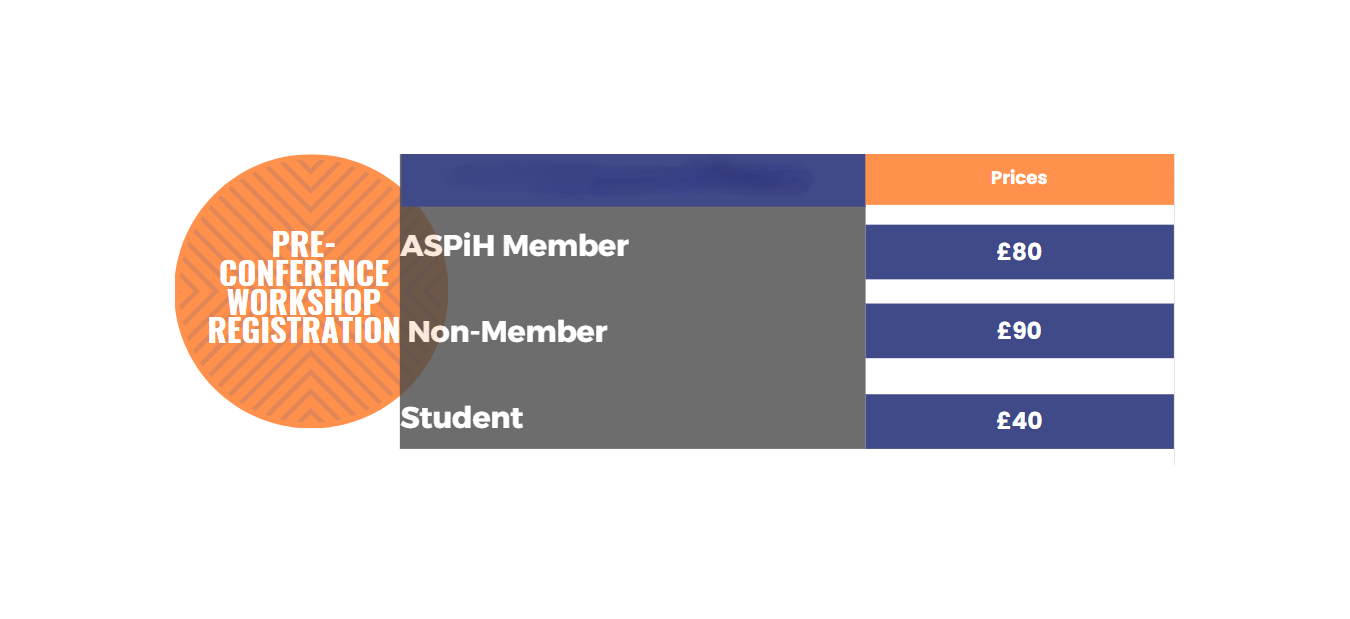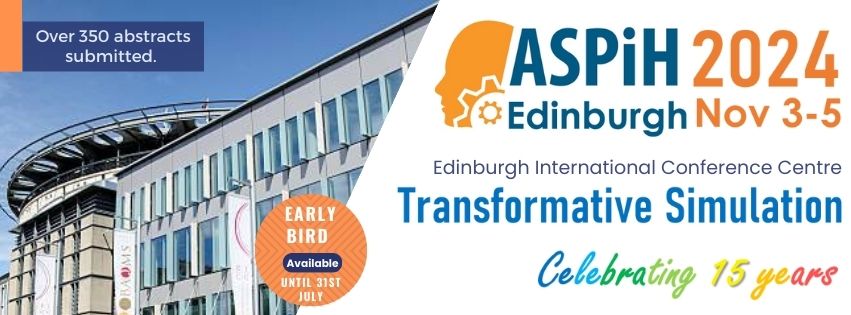Pre-conference Workshops
Friday 1st November 2024
1430-1900
ONLINE
Psychological Safety and Difficult Debriefing: Navigating the Nuances
Adam Cheng and Vincent Grant
Session description:
Psychological safety is a concept that describes an environment where individual members of a team feel comfortable with risky interpersonal behaviors such as speaking up against hierarchy or asking for assistance. Learning in simulation requires psychological safety where participants feel comfortable engaging to their fullest extent, speaking up, or asking questions without fear of embarrassment to themselves or others. Challenges to psychological safety can create powerful, persistent negative emotions that can undermine intended learning, leading to difficult debriefing conversations. Such breaches in psychological safety can also impact future participation in simulation or interactions with team members outside of the simulation context. Simulation experts have provided guidance on creating psychological safety using prebriefin, and these have been reinforced by professional simulation organizations. Despite following such recommendations, simulation facilitators can be unprepared and frustrated when they encounter breaches to psychological safety in the debriefing. This can lead to challenging interpersonal interactions which can make facilitation of debriefings incredibly difficult. This highly interactive workshop provides an opportunity to learn from and with debriefing experts on how to identify potential barriers to psychological safety and proactively create solutions, recognize verbal and non-verbal indicators that psychological safety might be breached, and develop strategies to react and manage difficult debriefing conversations. Participants will also benefit from cognitive aids developed by the facilitator panel.
Target Audience:
Simulation educators and debriefers (all professions, all levels). Some knowledge of basic debriefing principles is an asset.
Level: intermediate
Please note that this is an ONLINE pre-conference workshop, which can be booked at the same time as your conference registration
Sunday 3rd November 2024
1330-1730
Edinburgh International Conference Centre
Pre-conference workshops take place the day prior to the main conference and can be booked at the same time as your conference registration.
If you would like to attend the Pre-conference workshops ONLY please contact events@aspih.org.uk.
Workshops
1. An Introduction to Qualitative Research in Simulation: Laying Down Solid Foundations
Professor Sharon Weldon, Professor Gerry Gormley, Dr Sam Smith, Dr Vicky Tallentire, Dr Carla Sá Couto, Professor Guillaume Alinier
Session description:
This workshop is aimed at those completing or hoping to undertake qualitative research projects in the field of simulation, at novice to intermediate level. It will support participants through the process of identifying a research area, formulating a research question, and designing a study. Different approaches to data collection and analysis will be presented, and participants will have the opportunity to discuss their own project or idea with peers and experts in the field, in a supportive and collaborative environment.
2. The Tenses of Simulation: Past, Present, & Transformative
Andy Buttery, Phil Gurnett, Julie Mardon, Ken Spearpoint
Session Description:
“A tool to transform health & care through collective understanding, insight, and learning.”
In this workshop we ask you to bring Case Studies that are or may be TS.
*We will contact you between Booking and Conference to discuss any case studies you may be considering bringing to the discussion.
Thus we will ensure we have a suitable spread of content for the workshop, and that you are confident about your case studies offer.
Past: Work you have done that you would now argue could be regarded as TS.
Present: Work you are doing that you would now argue could be regarded as TS.
Transformative: Work you wanted to do, would like to do, plan to do, that you regard as TS.
Reminder: TS (defined above) is designed to:
İnnovate İmprove İntervene İnvolve İdentify İnclude İnfluence - the 7 SBIs
TS can deliver several of these outcomes in one event & includes specific simulation applications: (including)
translational simulation, simulation-based improvement, & simulation-based interventions.
Workshop Process:
We will discuss in plenum the current situation regarding Transformative Simulation and any issues, concerns, & expectations. Then in smaller groups we will discuss the case studies grouped by primary SBI.
We will then discuss in plenum “Work Done” – that is, case studies *confirmed Pre-Conference as TS and “Work as Imagined” – that is case studies of TS we have not yet done. This includes work that benefits from being considered from a TS Platform, or through a TS lens.
The workshop will use TS Principles and the 7 SBIs to analyse, learn, and extrapolate.
We aspire to the workshop providing a major contribution to the field that can be built upon in the ASPiH TS SIG and may offer an opportunity for an eventual publication in IJoHS reporting on TS Work Done & the benefits of addressing simulation design from a TS perspective.
We look forward to hearing about your work, discussing it from a TS perspective, and – especially – taking this forward.
3. Simulate to Accelerate: Reduced time to capability through accelerated learning by NHS Scotland Academy, Innovation and Learning
Lauren-Grace Kirtley and Darren Middleton
Session description:
This pre-conference workshop will explore how multi-modal simulation has been utilised to accelerate workforce training programmes to address workforce requirements in NHS Scotland.
As part of this workshop delegates will understand the underlying educational principles of accelerated learning programmes and explore the use of different types of simulation in accelerated learning.
Delegates will develop an outline for their own simulation-based acceleration programme using the NHS Scotland Academy principles which may be implemented within their own organisation. This will include developing an implementation plan which will address any barriers to the successful implementation of this accelerated programme.
4. Empathy in Action: mastering "Humane Factors" in work
Dr Simon Edgar (Director of Medical Education, NHS Lothian), Dr Thom O'Neill (Medical Education Fellow, NHS Lothian), Dr Ellie Hampton (Simulation Lead, NHS Lothian), Dr Toby Merriman (Medical Education Fellow, NHS Lothian)
Session Description:
Join us for "Empathy in Action" an AI & VR workshop where cutting-edge simulation and educational design meets the crucial skills of workplace kindness and support. Experience first-hand the impact of incivility through our virtual reality scenarios designed to engage your emotions and challenge your responses. Consider with us the art of using the right words at the right time with our AI-powered skills development sessions. Practice your newly acquired skills in a safe, AI-simulated environment, enabling you to rehearse and perfect your interactions before putting them to the test. We will share our NHS Lothian learning journey with you and guarantee you will leave this workshop not just informed but transformed!
This workshop is aimed at all healthcare professionals.

